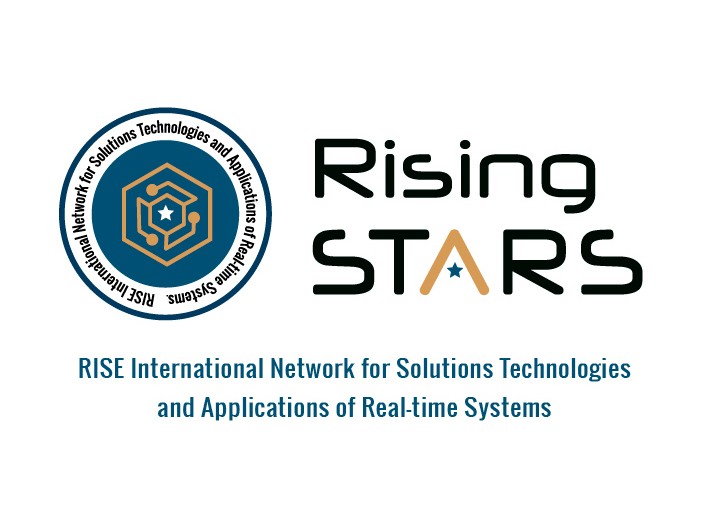BSC takes part in cross-sector Cyber-Physical Systems project for the development of large scientific astronomical instruments
Rising STARS is addressing the need of parallel programming frameworks for the development and execution of advanced and large-scale Cyber-Physical Systems (CPS) with High-Performance Computing (HPC) and Real-Time requirements and guaranteed functional operation. To meet this need, the project aims to investigate a new generation of parallel programming models supporting parallel and heterogeneous computing to leverage the most advanced accelerator devices, with software productivity as the main goal. A fundamental aspect of Rising STARS is the cross-sector and multi-disciplinary consortium composed of top-level HPC research centers: Barcelona Supercomputing Center (BSC), Australian National University (ANU) and the Observatoire de Paris (OdP); multinational companies and SME leaders in the development of advanced CPS: NVIDIA, Thales, Microgate, Kalray and the Ariane Group; and end-users and experts at major astronomical observatories: the National Astronomical Observatory of Japan (NAOJ) responsible for operating the 8.2-meter optical-infrared Subaru Telescope at Hawaii and the Commonwealth Scientific and Industrial Research Organisation (CSIRO) responsible for the Australian Square Kilometre Array Pathfinder (SKA); from seven countries and four continents. Secondments that will foster knowledge exchange between institutions will be a vital part of the partners’ efforts. Eduardo Quiñones, senior researcher at BSC and collaborator in the project, mentions: “We are proud to be part of Rising STARS, an aspiring multi-disciplinary project that will bring researchers from different scientific and cultural backgrounds together into a single network in order to achieve competitive results.” He continues “BSC will bring its expertise on the evolution of well-known parallel programming models used in HPC domain, e.g. OpenMP, OmpSs, MPI, COMPSs, to enable a versatile and efficient data acquisition platform by exposing data acquisition mechanisms in the programming model and introduce real-time oriented features in the programming model.” The project includes four visionary, yet realistic use-cases: an adaptive optics system for extremely large telescopes, capable of characterizing the atmospheric turbulence and mirrors corrections within 1ms and a maximum jitter of 100μs (or less); the SKA system, for the regular monitoring of neutron stars by tracking the radio pulses arrival time with a 1ms period and with few tens of nanoseconds of accuracy over long periods; Adaptive Beamforming, capable of combining signals from multiple sensors focusing on one direction for applications such as seismology or radio astronomy; and Antarctica Observing Station, for real-time assimilation of data at the Antarctica station to assess the risk of collision of a satellite in operation with space debris. This project has received funding from the European Union’s Horizon 2020 research and innovation programme under the Marie Skłodowska-Curie Grant Agreement No 873120.



